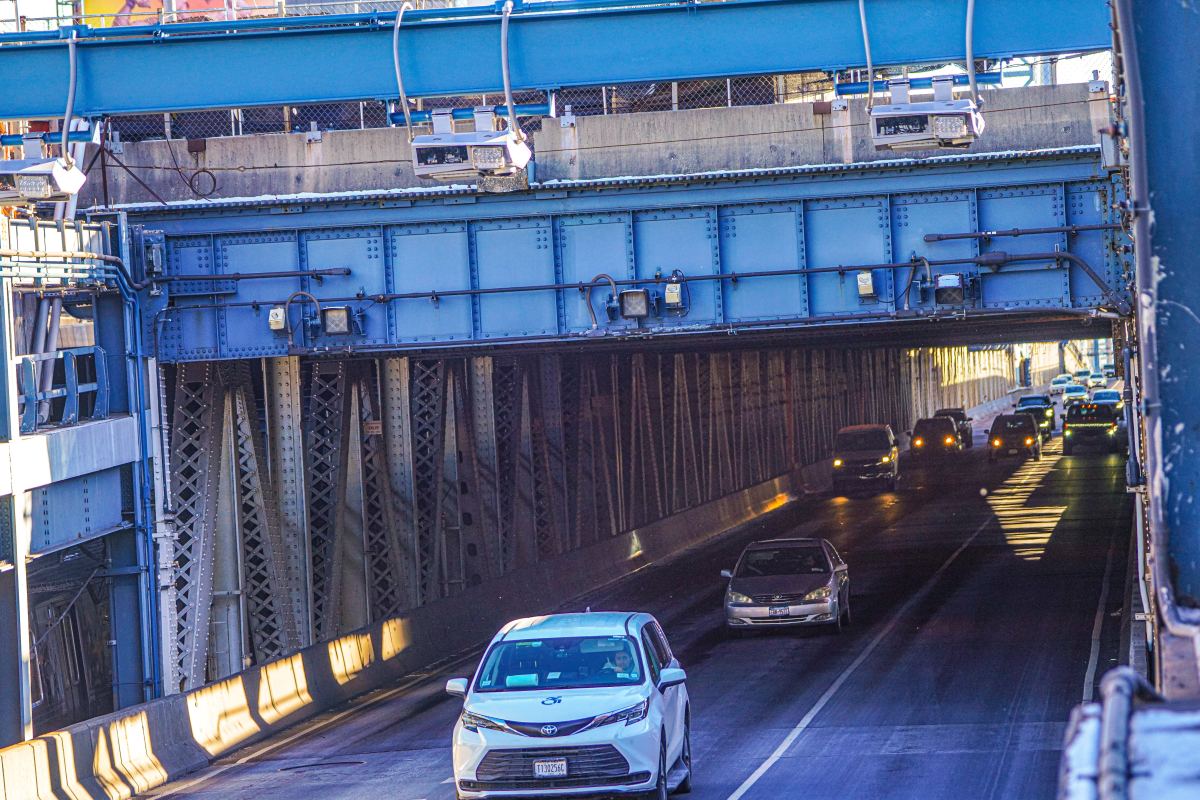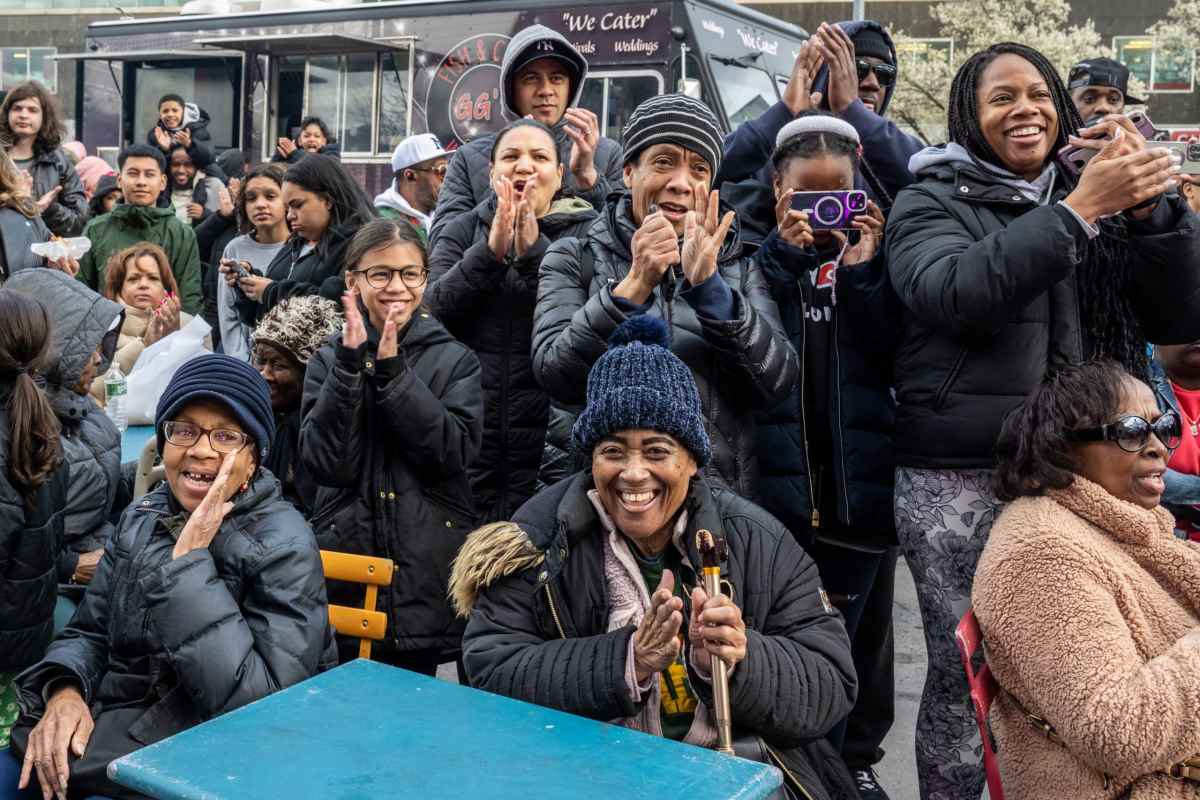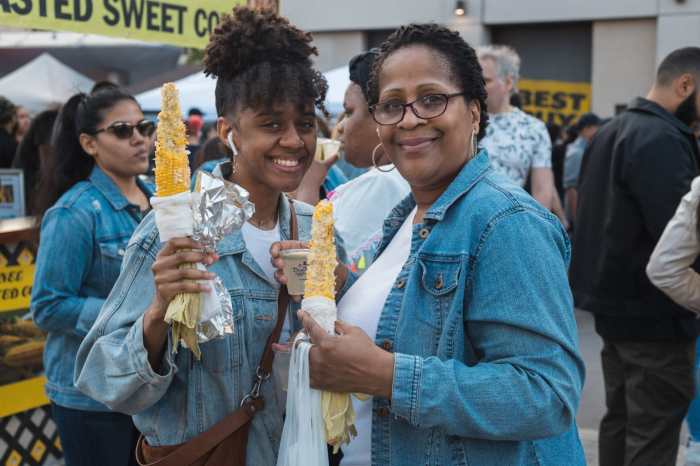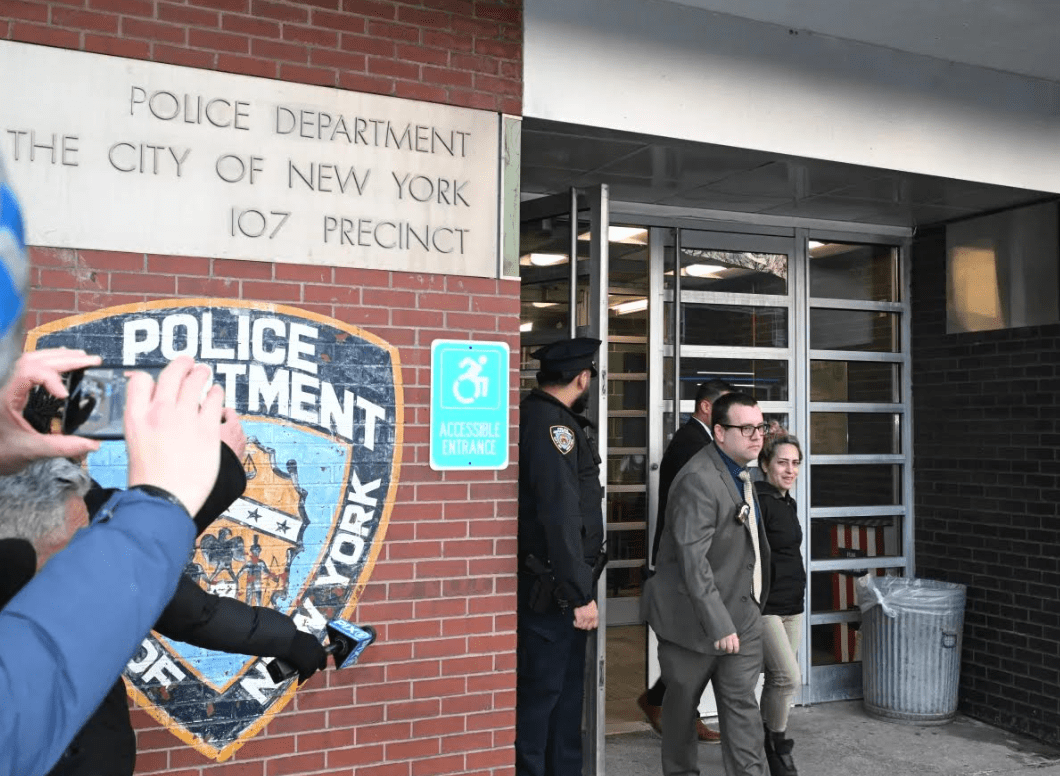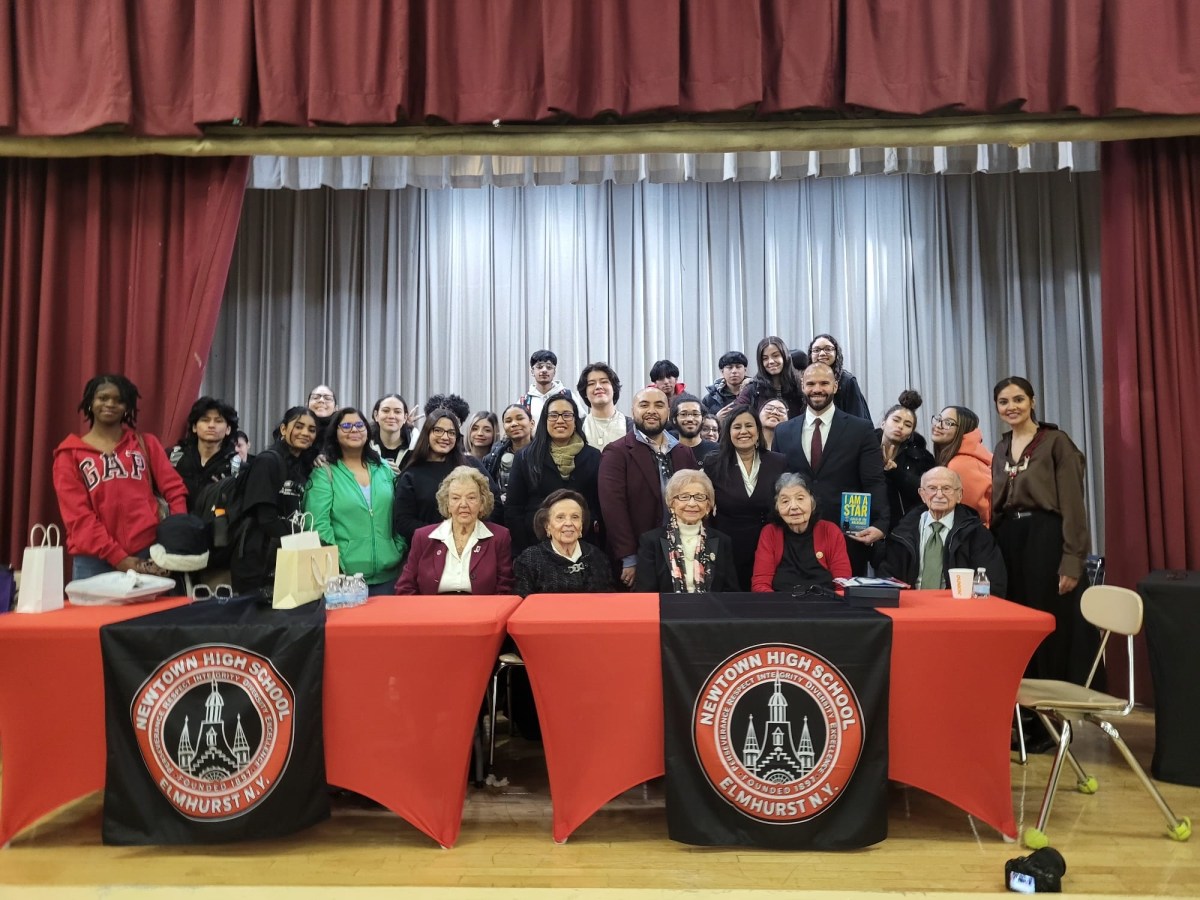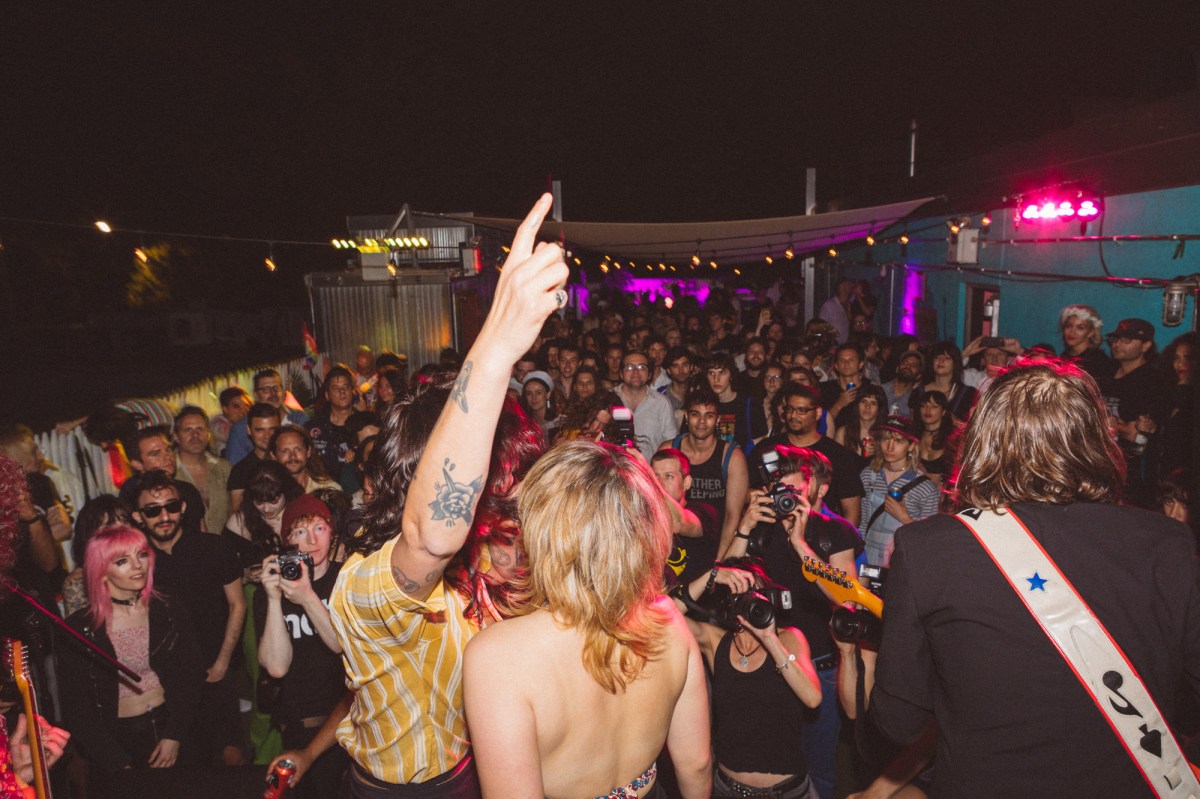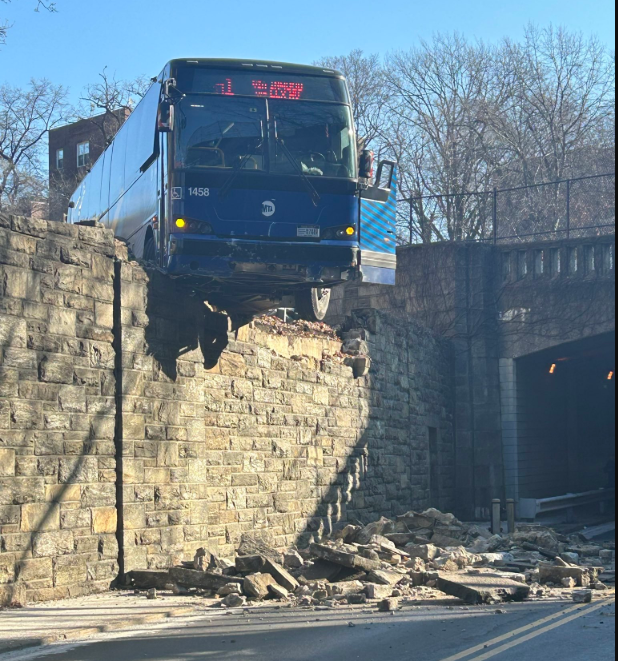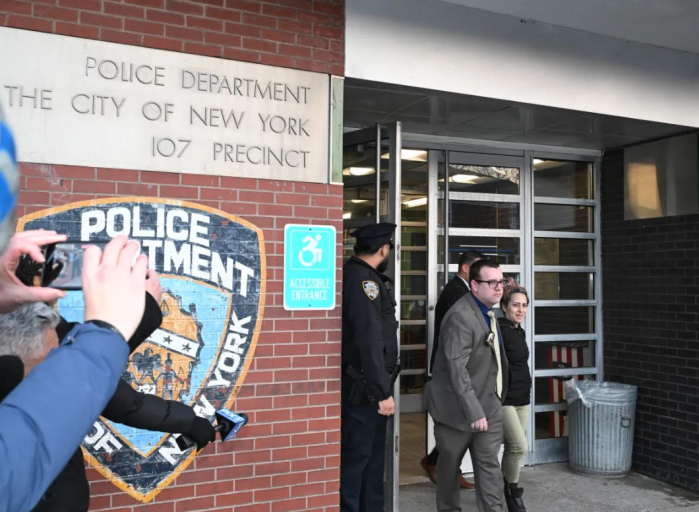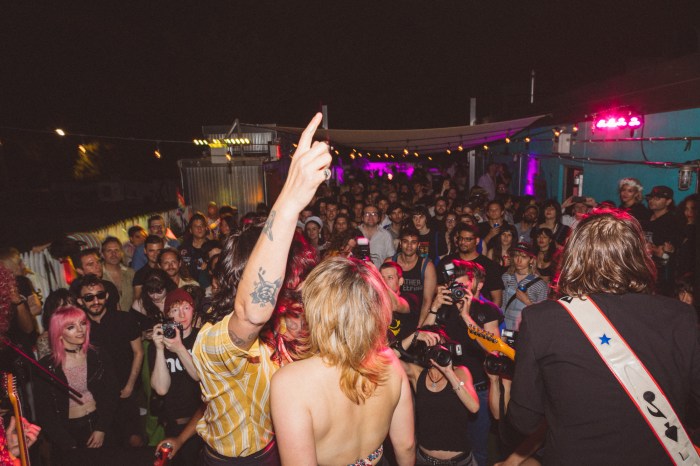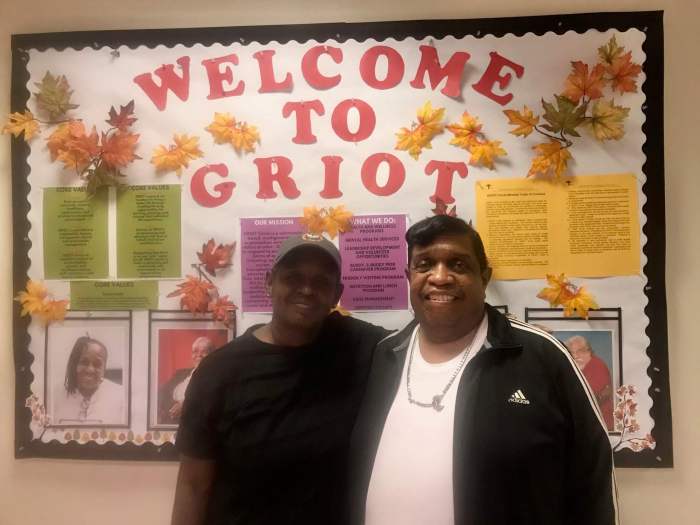New York City is the heartbeat of creativity, culture, and entrepreneurship. However, the city’s new congestion pricing plan, though aimed at reducing traffic and pollution, is poised to become a disaster for small businesses like mine and countless others.
Let me be clear: This isn’t about resisting change or progress. It’s about fighting for fairness, survival, and a sustainable way forward that doesn’t leave small businesses behind.
Hospitality and events are unique industries. Unlike corporate giants or retail chains, our success hinges on people—vendors, patrons, staff—coming together in one place. And more often than not, that place is in areas directly impacted by the congestion zone.
Think about what it takes to host a food festival or a night market. Vendors arrive in trucks filled with food, equipment, and supplies. Setup crews transport lighting, tents, and staging materials. Performers and entertainers need to bring their gear. Each of these participants already faces skyrocketing fuel costs, limited parking options, and endless logistical challenges. Now, congestion pricing is set to pile on additional fees that could easily range from $15 to $25 per trip—every single day.
For small vendors whose profit margins are razor-thin, this is a gut punch. A vendor selling artisanal pastries or tacos might only clear $300-$400 in profit at an event. With congestion fees, parking, and other costs, they’re left with barely enough to justify the effort. Multiply that by dozens of vendors, and suddenly, the vibrant ecosystem that makes NYC’s events so special starts to crumble.
This issue doesn’t stop with vendors or event organizers. It ripples outward:
• Customers Stay Away: Families who drive in from the Bronx, Queens, Staten Island, or Long Island to enjoy a night market or festival will think twice if they have to pay a congestion fee on top of parking and event costs. Fewer attendees mean fewer sales for vendors and less revenue for small businesses like ours.
• Vulnerable Workers Suffer: Many people working behind the scenes in hospitality—setup crews, caterers, and performers—rely on personal vehicles to transport heavy or specialized equipment. Penalizing them with congestion fees further reduces their already limited earning potential.
• Neighborhood Businesses Lose Out: Events like ours bring thousands of people to neighborhoods. These attendees don’t just visit our markets—they eat at local restaurants, shop at nearby stores, and boost the local economy. Reduced attendance means fewer dollars flowing into the neighborhoods that need it most.
Many of our vendors come from communities where public transit access is limited or non-existent, especially for transporting supplies. These are hardworking entrepreneurs who are already fighting an uphill battle to succeed in an increasingly expensive city.
Events like ours are designed to be inclusive, attracting families, foodies, and culture enthusiasts from across the city and beyond. Charging them a premium to attend feels like a punishment for wanting to experience
This policy widens the gap between Manhattan and the outer boroughs, further isolating communities and deepening economic disparities.
Congestion pricing is not inherently a bad idea. Cleaner air and better transit are goals we should all support. But this current model is deeply flawed, and there are smarter ways to achieve these goals without decimating small businesses:
1. Exemptions for Small Business Operations: Vendors, service providers, and event organizers should not be penalized for keeping NYC’s economy alive.
2. Tax Deductions or Rebates: Provide financial relief for small businesses impacted by congestion fees to offset the added costs.
3. Improved Transit Solutions: Invest congestion pricing revenue into public transit solutions that serve underserved areas, so driving isn’t the only option.
4. A Tiered Fee System: Charge corporate fleets and luxury vehicles higher rates while offering reduced fees for small businesses, working families, and essential workers.
If you believe in supporting local businesses, cultural events, and a vibrant hospitality scene, make your voice heard. Write to your local representatives, share this message, and demand a fairer, more thoughtful approach to congestion pricing.
New York City is a city of opportunity—but only if we protect the businesses and communities that make it great. Together, we can ensure that NYC’s future is one where small businesses, creativity, and community still thrive.
Marco Shalma is the owner of the MASC Hospitality Group.



